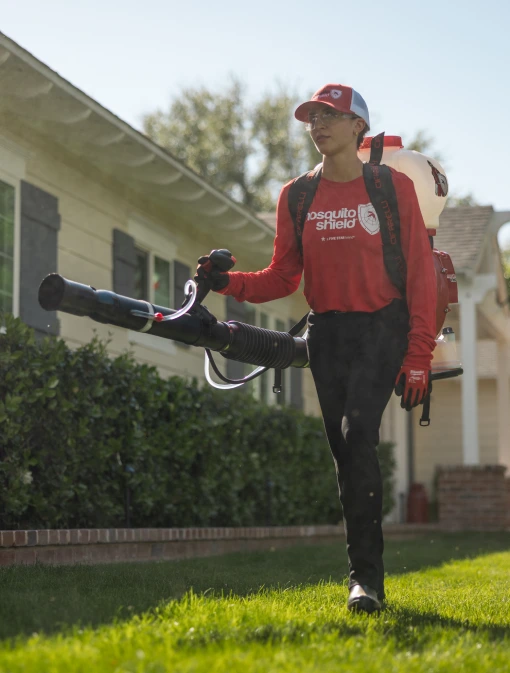Experience relaxation and peace in your Marietta backyard with our proven mosquito control solution. Trusted by families in Marietta, our innovative approach not only repels mosquitoes but also establishes a durable barrier customized to your outdoor environment. Mosquito Shield of Marietta is dedicated to creating mosquito-free zones, so you can enjoy your outdoor spaces without interruption.
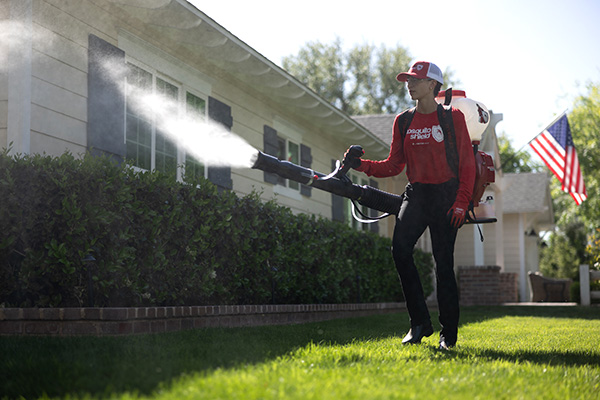
Effective mosquito control in Marietta, GA, that drives mosquitoes away and keeps them out of your yard.
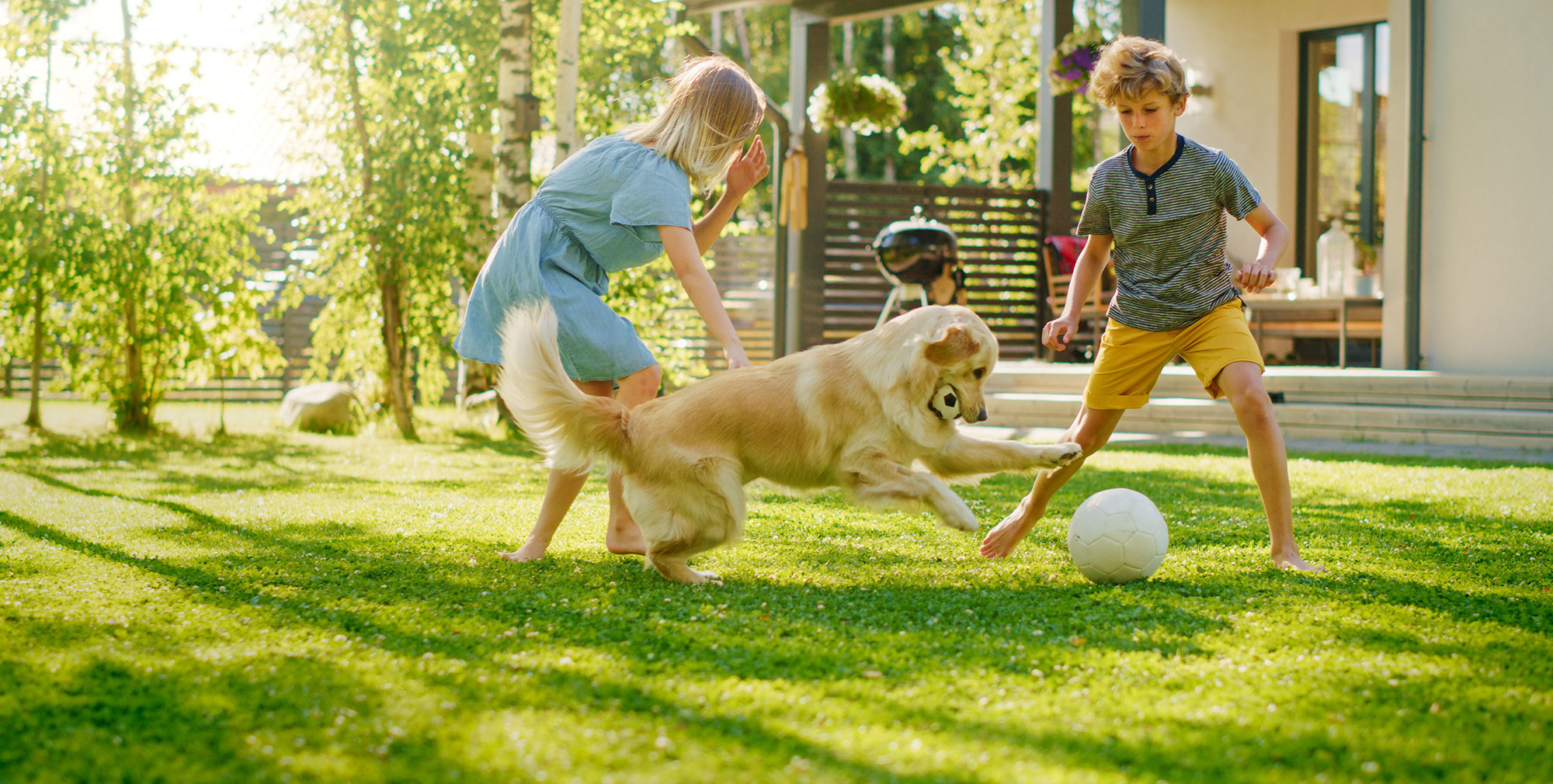
Enjoy mosquito-free outdoor time in Marietta with treatments designed to provide lasting results.
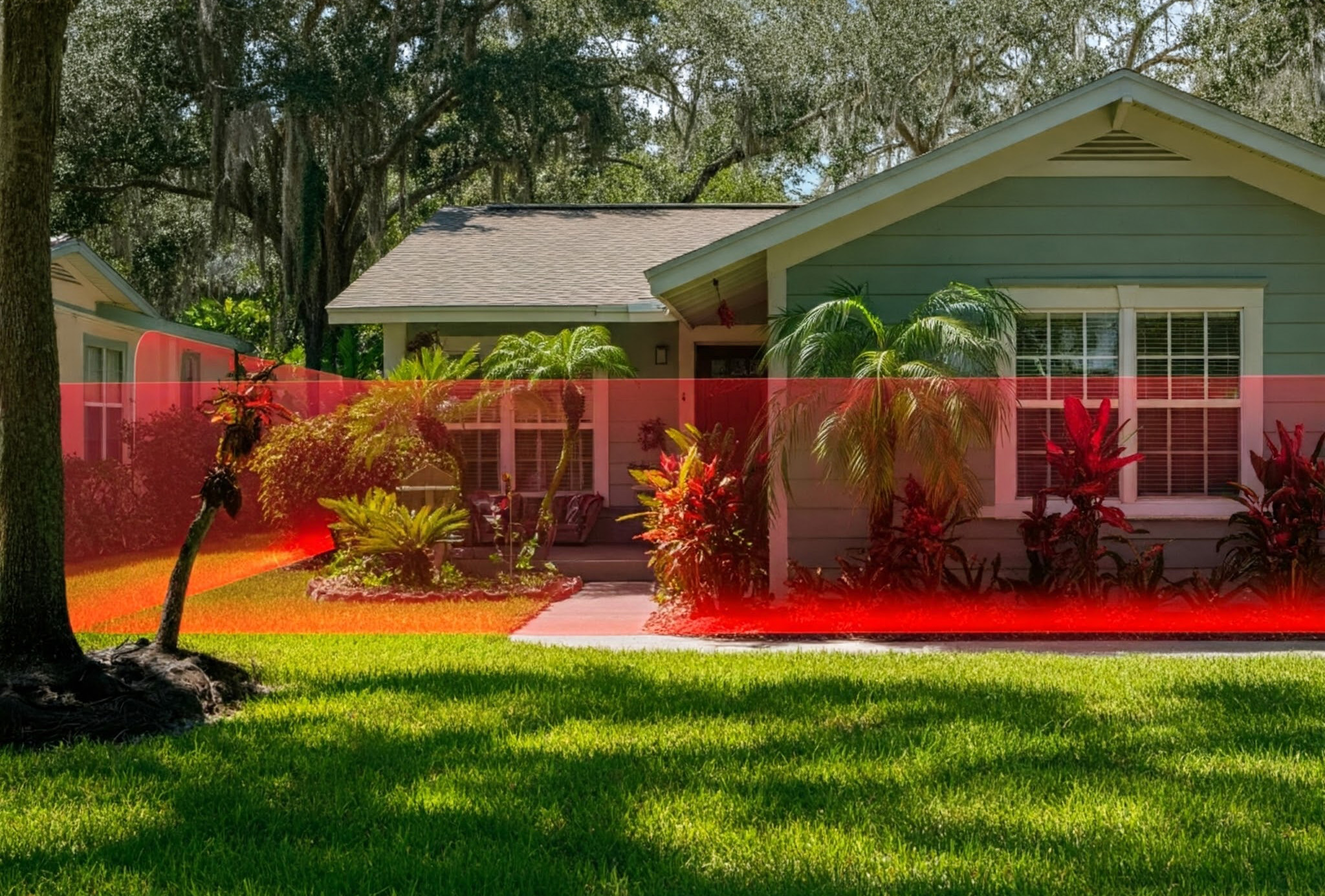
Highly rated mosquito control services in Marietta, trusted by residents to enhance outdoor living.
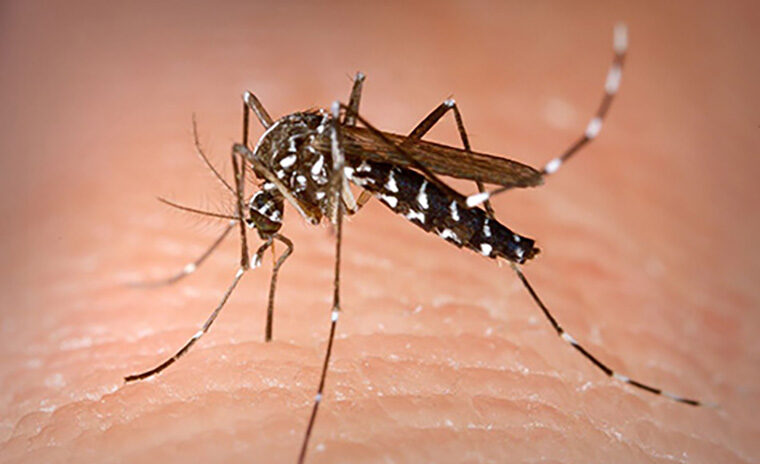
Identification: Small, black body with white leg bands and a lyre-shaped marking on the thorax.
Habitat: Common in urban areas—breeds in artificial containers like flowerpots, birdbaths, gutters, and trash cans.
Behavior: Aggressive daytime biter; prefers humans over animals.
Health Risks: Can transmit Zika, dengue, and chikungunya viruses.
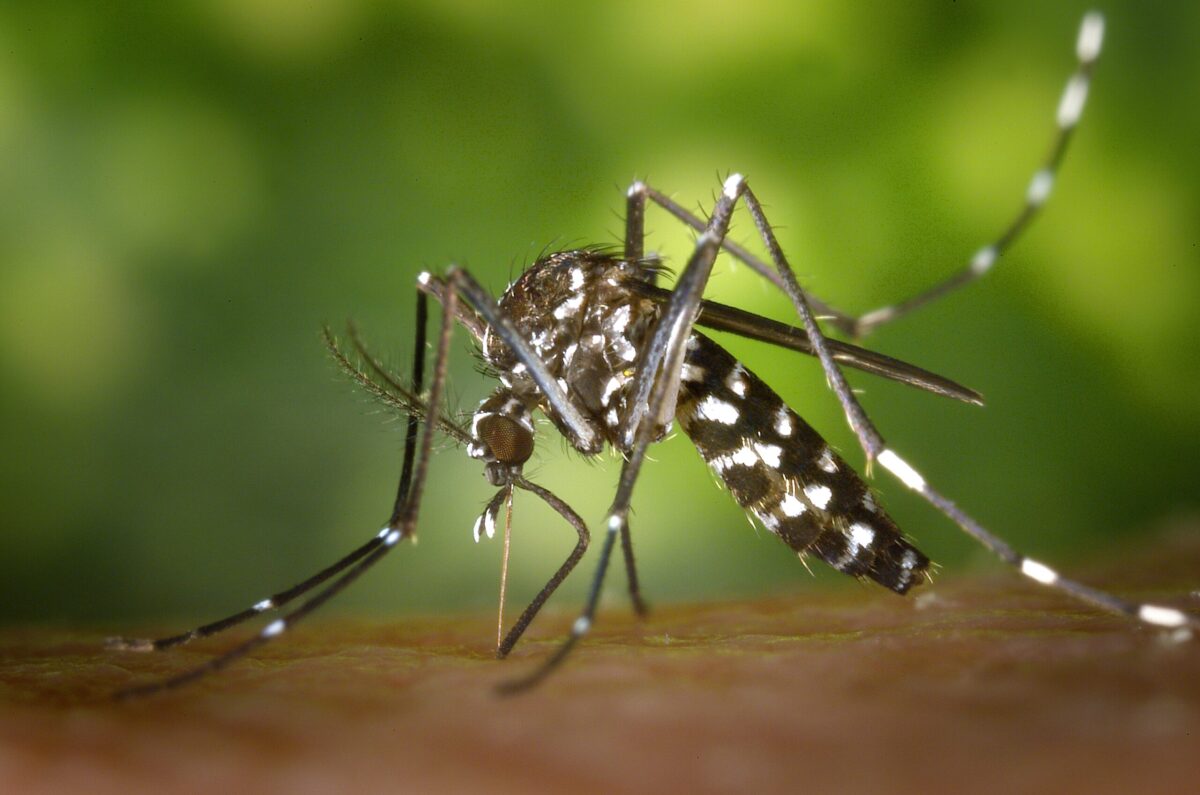
Identification: BlaAedes albopictus (Asian Tiger Mosquito)ck with a bold white stripe down the back and striped legs.
Habitat: Thrives in residential yards, shaded areas, and overwatered lawns—breeds in buckets, toys, and planters.
Behavior: Bites aggressively during the day, especially around ankles and legs.
Health Risks: Known to spread West Nile virus, Zika, and dengue.
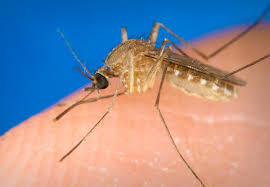
Identification: Light brown with darker bands on the abdomen.
Habitat: Found in stagnant water—storm drains, ditches, clogged gutters, and neglected pools.
Behavior: Active at night; frequently enters homes.
Health Risks: Primary vector for West Nile virus in the South.
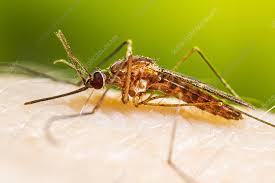
Identification: Medium-sized with four distinct dark spots on each wing; rests at an angle.
Habitat: Prefers clean, still water like ponds, marsh edges, and slow-flowing creeks.
Behavior: Most active at dawn and dusk.
Health Risks: Once a vector for malaria; currently known for itchy, persistent bites.
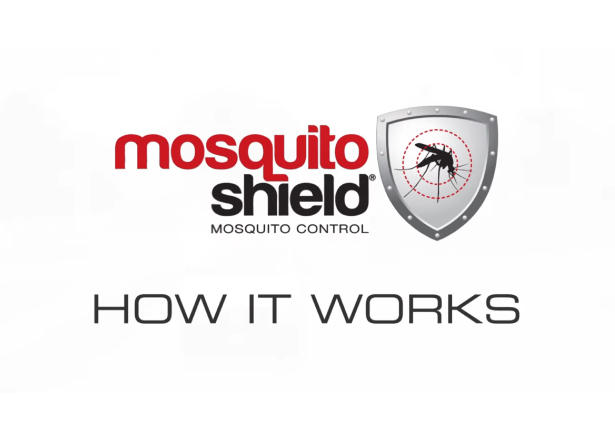
Marietta, Georgia, is a historic and thriving city in Cobb County that we are proud to serve with our professional mosquito treatments. Known for its vibrant downtown square, historic landmarks, and welcoming neighborhoods, Marietta offers a perfect balance of Southern charm and modern living. Its proximity to the Chattahoochee River, Kennesaw Mountain National Battlefield Park, and local green spaces provides residents with ample opportunities for outdoor recreation. However, these natural features also create ideal conditions for mosquito activity.
Marietta’s mix of water features and greenery provides an environment where mosquito populations can thrive.
To address these challenges, Marietta has implemented measures such as:
As a trusted mosquito control company, we collaborate with Marietta residents to reduce mosquito activity through proven treatments and expert advice. Regular professional mosquito treatments, paired with community efforts, are essential to preserving Marietta’s charm and ensuring it remains an enjoyable place to live, work, and play. Together, we can help protect the outdoor lifestyle that makes Marietta such a special city.

The weather in Marietta, Georgia, plays a significant role in the seasonal activity of mosquito populations. Warm, humid summers create ideal conditions for mosquitoes, especially following heavy rains that lead to standing water. Ticks are most active during early spring and fall, when moderate temperatures and dense vegetation provide suitable habitats. The region’s mild winters can sometimes extend mosquito activity, making consistent pest management essential. Professional mosquito and tick treatments are key to addressing these challenges and ensuring Marietta residents can enjoy their outdoor spaces year-round.
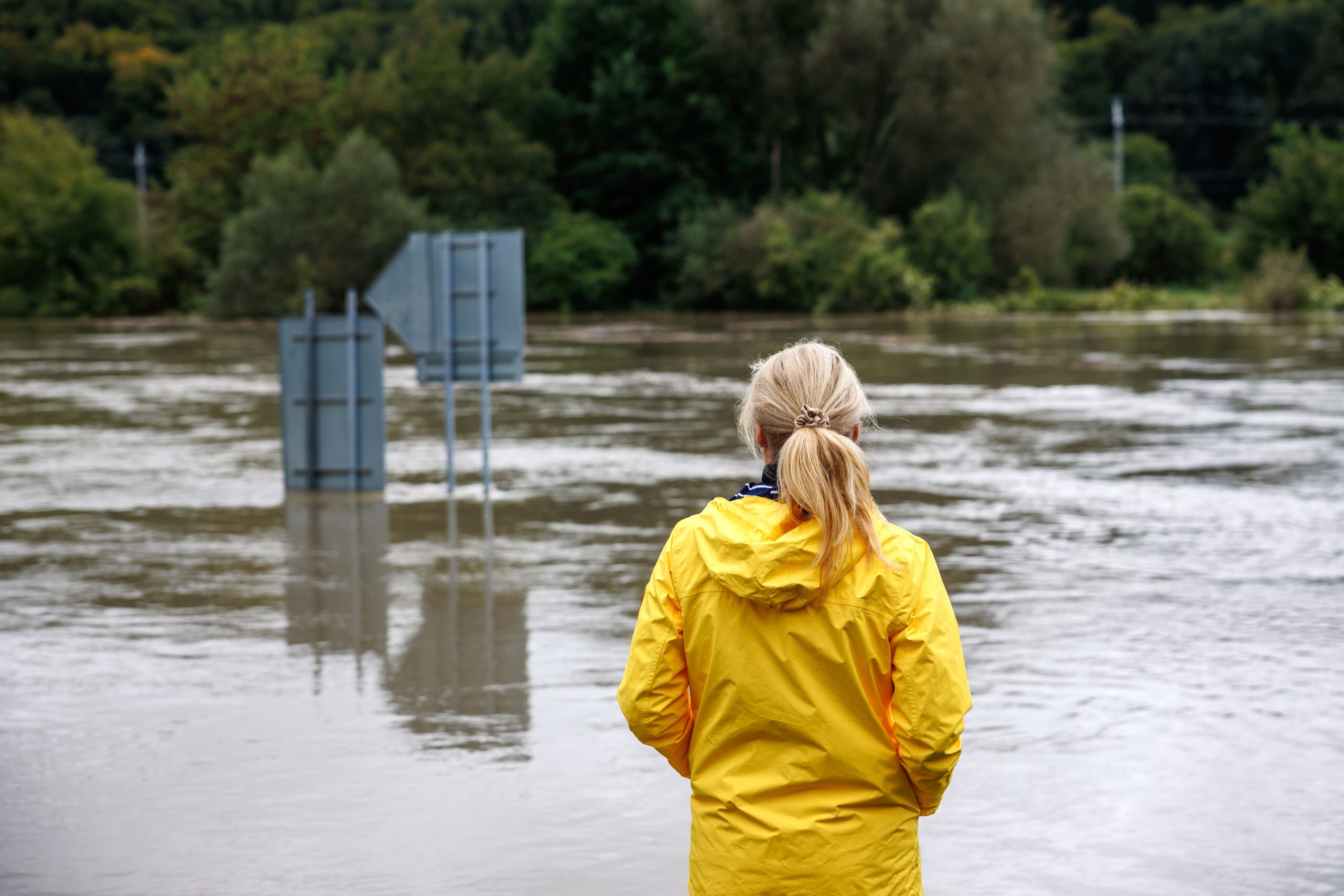
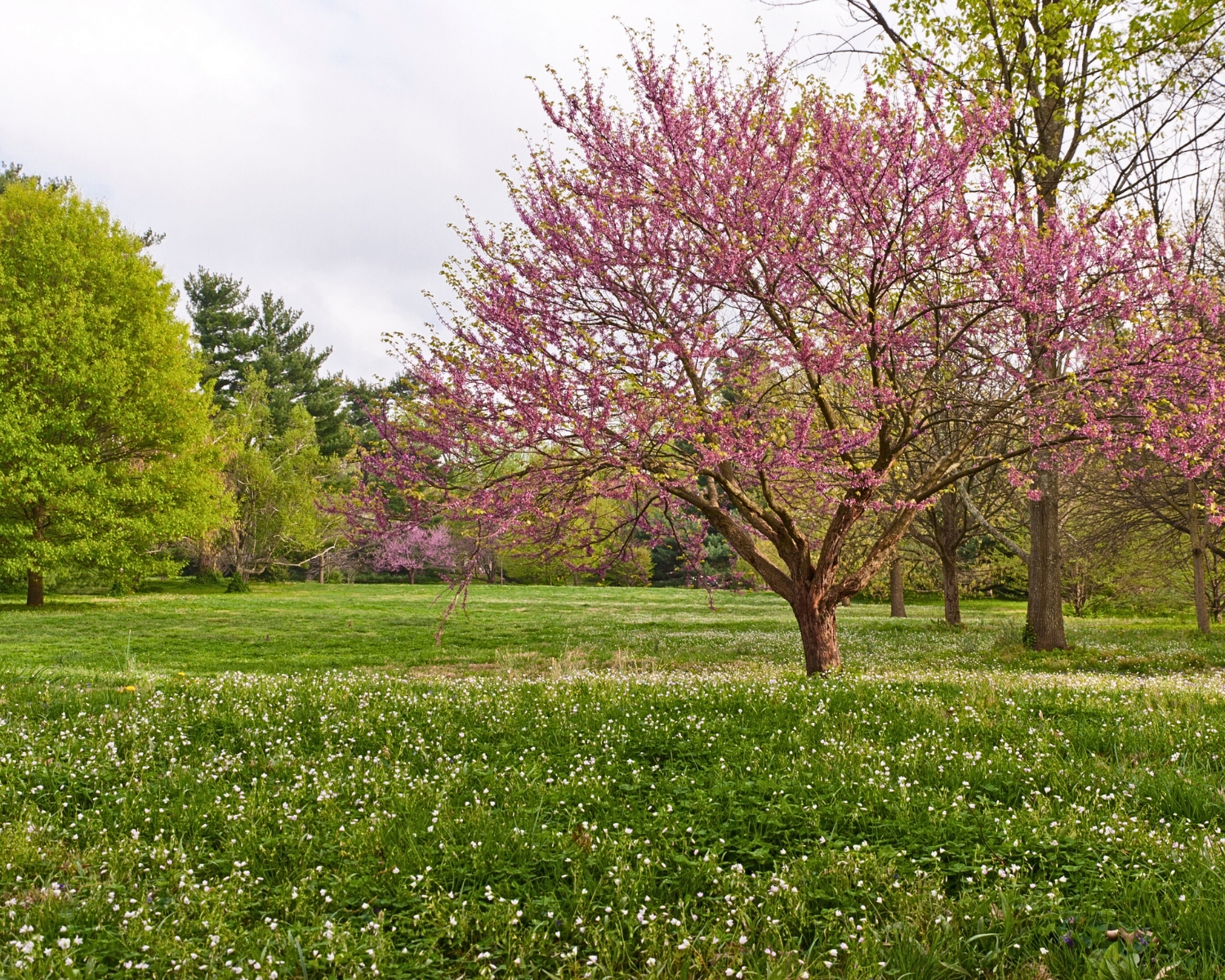
Key Activity: Season begins with rising temps and spring rainstorms.
Breeding: Flooded ditches, backyard containers, and clogged gutters quickly become breeding sites.
Common Species Active: Aedes aegypti and Culex quinquefasciatus begin appearing in residential areas.
Behavior: Increased biting during mornings and evenings.

Key Activity: Peak mosquito activity—humid, stormy weather fuels rapid breeding.
Breeding: Standing water is abundant—from birdbaths and puddles to storm drains and abandoned tires.
Common Species Active: Aedes albopictus, Aedes aegypti, and Culex quinquefasciatus dominate.
Behavior: Biting pressure is intense all day and night, especially in shaded or grassy yards.
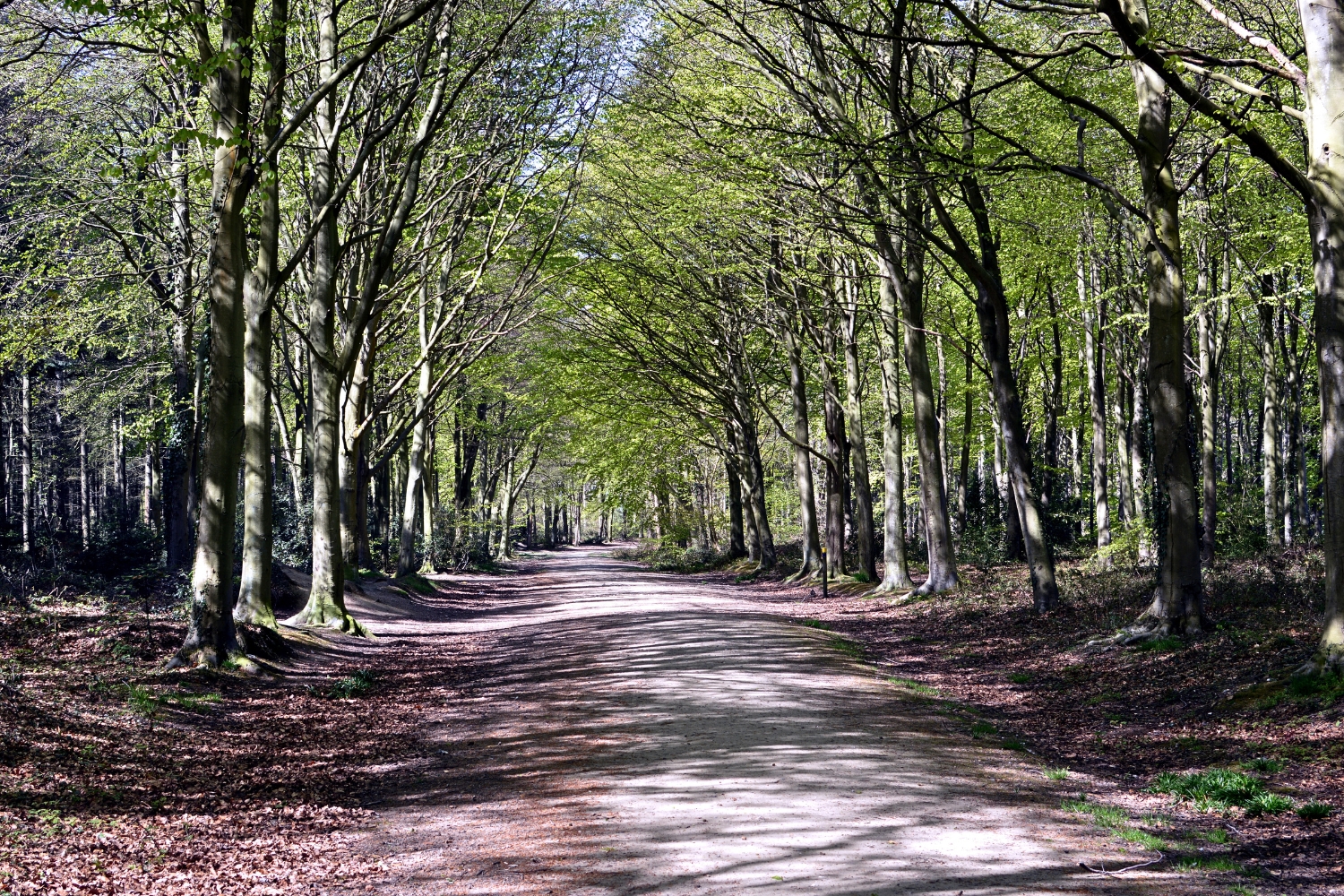
Key Activity: Mosquito activity tapers but stays present through mild fall days.
Breeding: Rainstorms and lingering yard debris hold just enough moisture to support limited breeding.
Common Species Active: Culex and Aedes species remain visible.
Behavior: Mosquitoes remain active on warmer days, particularly near wooded areas and drainage points.
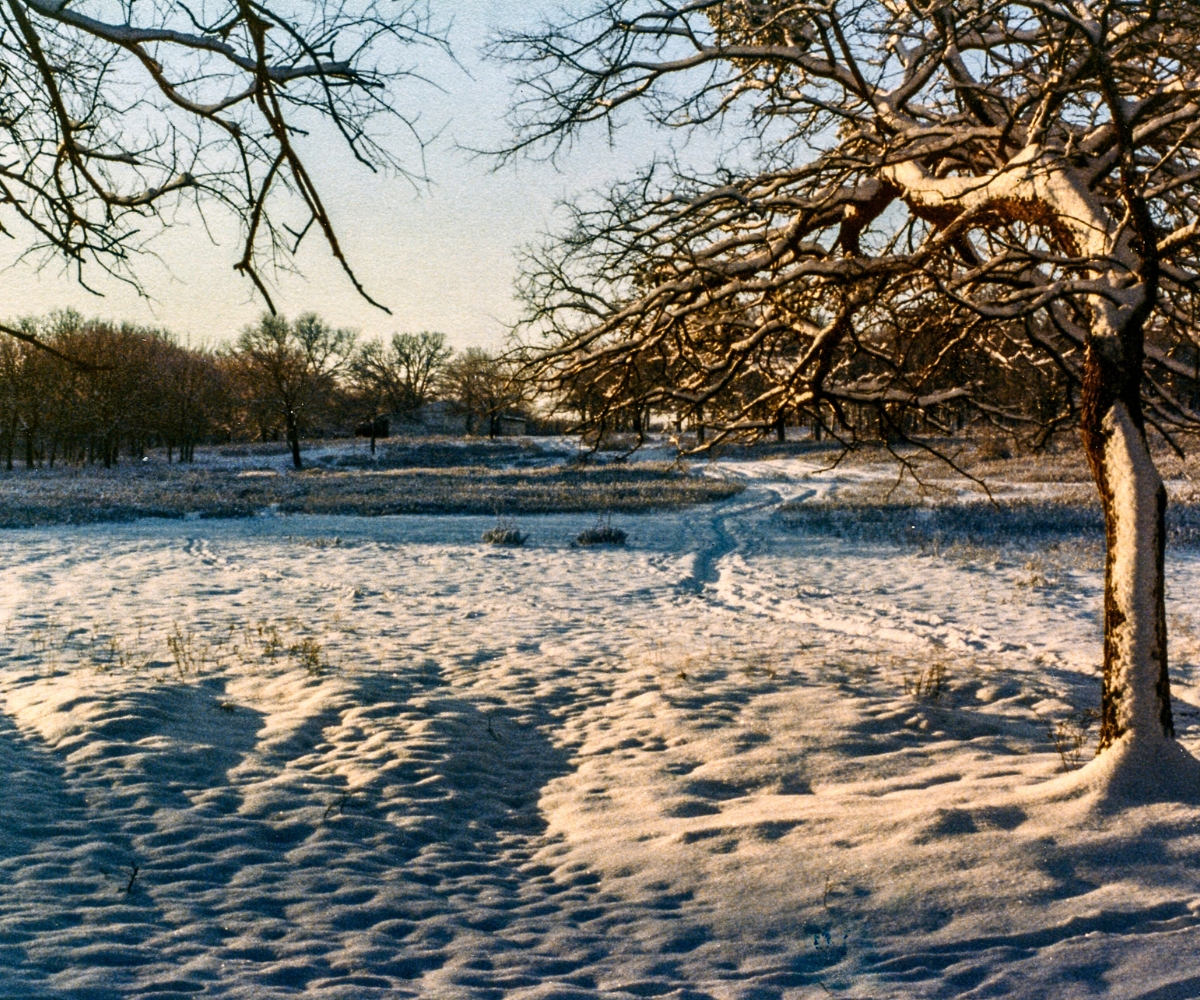
Key Activity: Mosquito populations drop, but they don’t vanish completely.
Eggs: Aedes eggs survive in dry conditions and hatch with spring warmth and rain.
Adults: Some Culex mosquitoes overwinter in sheltered areas like garages or crawlspaces.
Behavior: Unseasonably warm days can trigger short bursts of activity.
